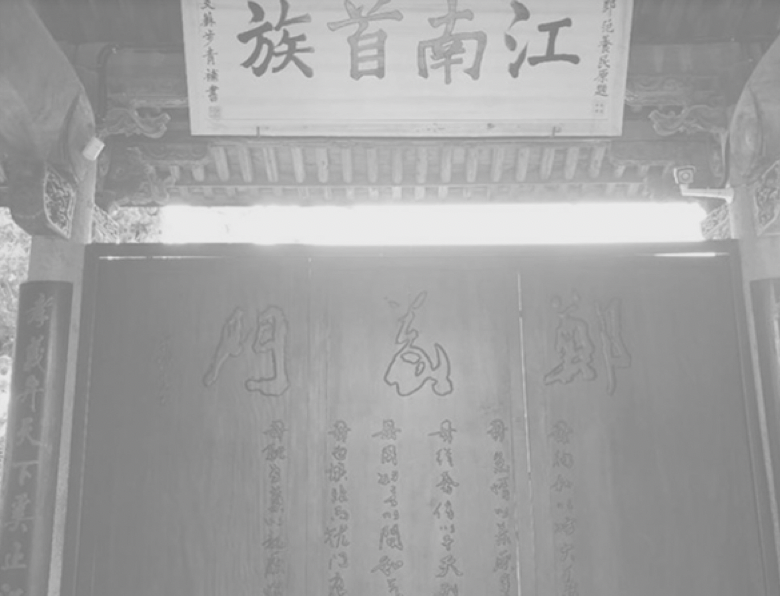The Clan Life and Traditional Inheritance of Village Surnames: A Miniature of the Zheng Yimen (1099-2023)
- AIOR Admin

- Mar 31, 2024
- 1 min read
Xuan Zhao
Zhejiang Shuren University, China

China has a vast territory, and the Chinese civilization has lasted for thousands of years, various from districts. The patriarchal consanguinity has gathered living groups, which gradually formed clear internal identities and external boundaries. Based on this, the village and clan life are intertwined. As Mr. Lv Simian described in the chapter on "Family System" in his book "History of Chinese Culture": "The cohabitation first flourished in the north of ancient China, and then flourished in the South in modern times." Obviously, the phenomenon of clan cohabitation in the South is more common today, and the separation, transformation, preservation, and inheritance of clan life presents more characteristics nowadays. Zheng Yimen located in Pujiang County of Jinhua City in the central part of Zhejiang Province. After 925 years, she is still famous for her 168 patriarchal clan rules and regulate a clan under Confucianism. Ancestor of the Zheng surnames' villagers once had lived together for centuries. Folklore activities such as Zheng's ancestral hall, offering sacrifices, loong lights (Large colored lanterns made of Xuan paper and bamboo during the Lunar New Year) and water dragon test (a type of ancient firefighting facility used to introduce flowing water, consisting of pipes connected by multiple bamboo sections.), have been evaluated as intangible cultural heritage projects at city and province levels. Traditional Folk Custom relies on villages as group organizations both in past and recent. Rural clan activities appear with strong regional appeal, cohesion, and appeal. While inheriting the traditional Chinese culture, they realize the current civic education, community governance and rural revitalization.







Comments